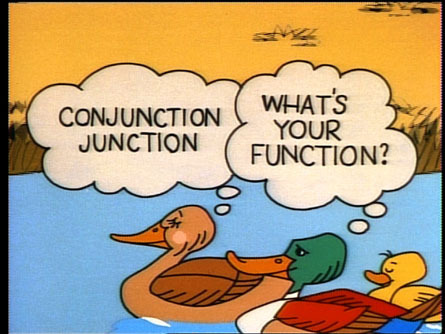After the morning announcements, class began. I put up the journal topic onto the smart board and asked for a student to read the topic for today. I felt that the topic may be difficult because it was asking the students to write a book review about one of their favorite books. Honestly, I almost wish I switched my topic to something else. The day before I did a "Price is Right" topic, where students wrote about where in the world they would go if they won the showcase on "The Price is Right." I used that topic to my advantage because Theang and I were in the audience in 2011 and I used that clip as my activating strategy. It made the topic realistic then because they could connect to this idea that they could possibly be in the audience as Theang and I once were. (Sadly though, Theang and I were not called on stage during the show!) Now...back to the observation. My favorite book topic worked once I mentioned the idea that they could write about their book they are currently reading for reading class (each student is required to read a new book of their choice each marking period). I thought the topic went well after we brainstormed together as a class before writing, but it did feel like I was pulling teeth a little when I asked for volunteers to share their entries. I have noticed that if the topic is engaging, then the students all want to share. Most of the topics I have done are engaging, but favorite book was one that I felt was not.
I asked a student to read my response to the topic. I wrote about The Notebook, by Nick Sparks, since it was one of the first books I picked up on my own and became really engrossed in. I wanted to make my response personal again, so I included a picture of me at the NCTE conference in Las Vegas...when I actually met Nick Sparks and his brother. They enjoyed the connection and it helped me transition into talking about the homework from the night before.
The homework leader that I selected to lead the homework check was a little soft spoken when giving the answers to the rest of the class. (The homework last night was to complete the preposition study guide). I reminded the student to speak louder when giving answers and the audience to respond in the same matter. The reminder did help! While they completed this task, I checked their homework. Sadly, my period one class has not had a perfect homework check in a while. A perfect homework check means that everyone in the class has their homework completely finished. (The perfect homework check idea corresponds to my research project). I had hoped that the incentive would have helped motivated the students to complete their homework, but for this class my incentive of Dougie and desserts is useless. On the other hand, my period 5 class has continued to rack up the perfect homework checks since the day I implemented it into the class.
After the homework check, I asked students questions about conjunctions and interjection. I was searching for how they would define them before we talked about what they actually are. Many of them struggled to define what a conjunction and interjection are, but this was the point of my exercise. I gave them two examples in the directions of the journal topic that day and asked them to recall those two examples and then try to define what they are then. (The examples in my journal topic were "hurray!" and "and"). Once I began to list examples, then the student felt more confident and volunteered to give me more. I was happy with this transition. Next, I passed out the conjunction/interjection study guide and asked a student to direct us to the page in their book where we could find the definition of a conjunction. I explained the directions of the study guide and gave the students time in class to start working on this (because it was there homework!)
To finish off the class, I felt it would be appropriate to show the class the "Conjunction Junction" Schoolhouse Rock video. Previously, I showed the verb Schoolhouse Rock video and decided to wait a while to show another Schoolhouse Rock video. I wanted to show the conjunction video because it was the most popular Schoolhouse Rock video and had a catchy song. The song idea also connected to their homework for the night, which included making a rap (or song) of their own using the definitions of a conjunction and an interjection.
The period did not end as smoothly as I would have liked because the teams were running out of time to write their answers down for the team challenge (the Schoolhouse Rock video). This tends to happen though period one because it is my first run through. I did improve and was able to manage my time more effectively as the day progressed.
Overall, I thought my observation went well. I was hoping to have more engaging and fun activity to show Dr. Shannon, but this lesson was still very helpful to the students. I have learned, lesson do not have to be "edge of your seat" thrilling to be effective. If all of my lessons were that way the students would be tired and worn out! Differentiated lesson planning is the best way to go!
I was happy I improved since my last observation :). Also, I am taking Dr. Shannon up on her recommendation to call parents and leave positive messages this week! Let's see if it will have some affect on student behavior :).
P.S. My coop and I were talking about classroom management and began preparing for my Susquehanna Township high school students. I may ask Nicole and Tyler for help here too!

